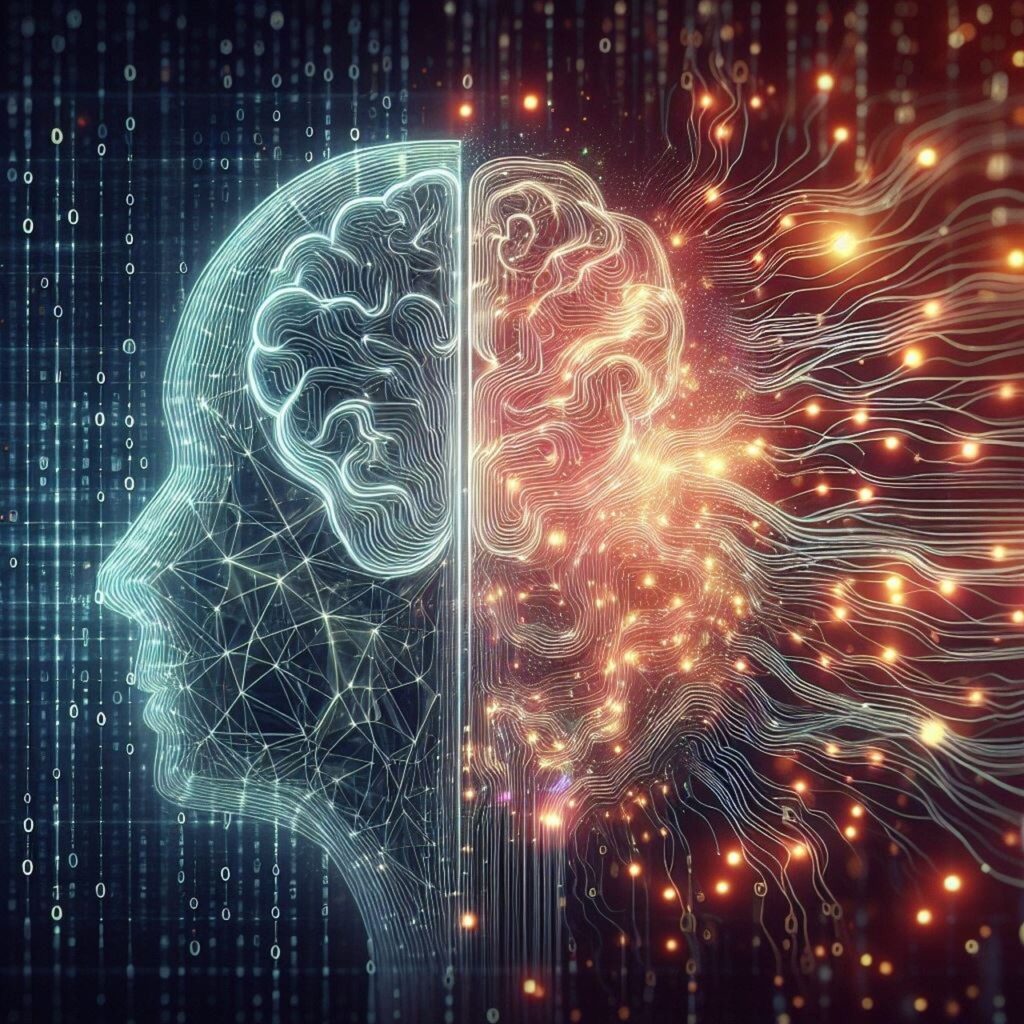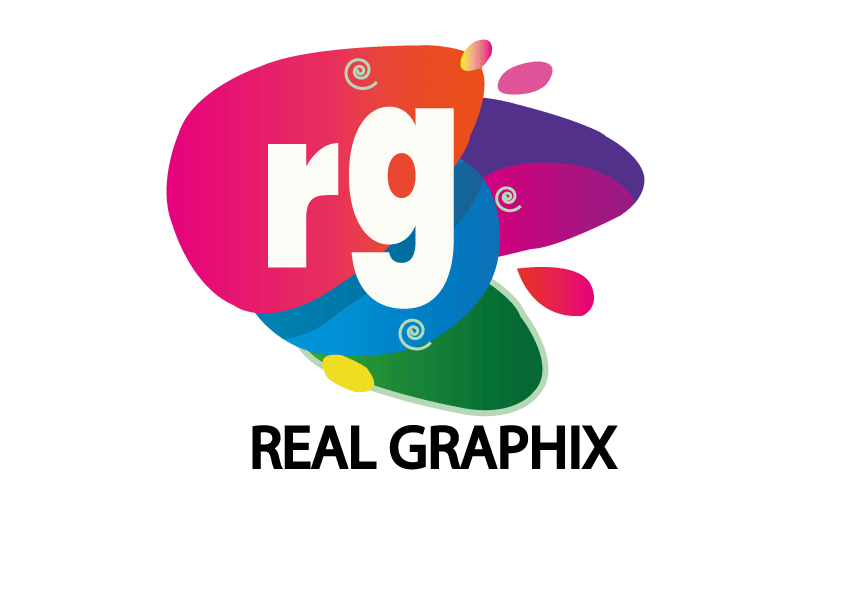
AI and machine learning are proven to be game-changers in the ever changing field of digital marketing. These technologies are more than just catchphrases; they are strong instruments that can greatly improve the efficacy and efficiency of marketing campaigns.
AI and machine learning integration in digital marketing has become critical as companies fight to remain competitive.
Understanding AI and Machine Learning
Artificial intellect (AI) is the replication of human intellect in computers that have been designed with human-like thought and learning processes
As a branch of artificial intelligence, machine learning uses statistical models and algorithms to help systems get better at tasks over time. Artificial intelligence (AI) and machine learning are used in digital marketing to evaluate enormous volumes of data, identify patterns, and automate procedures
Personalization at Scale
Delivering highly tailored experiences at scale is one of the biggest effects of AI and machine learning in digital marketing. AI can recognize trends and preferences in consumer data, which enables marketers to personalize offers, recommendations, and content for each individual user.
This degree of customization boosts engagement and conversion rates in addition to improving the user experience.
AI-powered recommendation engines, such as those found on Amazon and Netflix, for instance, examine user behaviour to make content or product recommendations that are relevant to their interests. Businesses benefit from increased income as a result of users’ engagement and encouragement to return thanks to this individualized strategy.
Enhanced Customer Insights
Deep insights into consumer behavior are made possible by AI and machine learning, which helps marketers better understand their target market. Artificial intelligence (AI) can provide insightful information that guides marketing tactics by processing and analyzing data from a variety of sources, including social media, website interactions, and purchase histories.
With the use of these technologies, marketers may anticipate the wants and preferences of their customers by predicting future behavior based on prior contacts. AI, for example, may determine which products are likely to be in demand during particular times of the year or events, enabling companies to tailor their marketing efforts and inventory.
Automation and Efficiency
Another area in which AI and machine learning are having a big impact on digital marketing is automation. Marketing professionals may focus on strategic planning and creative work by automating repetitive chores like social media posting, email marketing, and ad placements. This frees up critical time
In order to maximize interaction, AI-powered systems may segment audiences, tailor email content, and identify the optimal times to deliver communications. Artificial intelligence (AI) can plan postings, evaluate performance, and even produce material in social media marketing, improving the process’ overall effectiveness.
Improved ROI on Advertising
Better ROI and more accurate targeting are made possible by AI and machine learning, which is transforming digital advertising. Platforms for programmatic advertising employ AI to evaluate user data and behavior in real-time and present adverts to the appropriate audience at the appropriate moment. This focused strategy raises conversion rates and decreases inefficient ad spend.
By identifying the most effective techniques, machine learning algorithms continuously optimize advertising campaigns. They may more effectively distribute money, test various creatives, and modify bids to make sure that marketing expenditures are used properly.
Predictive Analytics
One effective way that AI and machine learning are being used in digital marketing is through predictive analytics. These technologies estimate future patterns and behaviors by examining historical data. Predictive analytics is a tool that marketers may use to find new clients, predict their needs, and adjust their marketing strategies.
Predictive analytics, for instance, can assist e-commerce companies in identifying the clients who are most likely to make a purchase soon and the goods they could find interesting. This lowers churn rates and raises client lifetime value by enabling more focused marketing initiatives.
Chatbots and Customer Service
Chatbots powered by AI are revolutionizing digital marketing customer care. These chatbots are capable of handling a variety of consumer enquiries and can offer prompt answers and solutions. Their round-the-clock accessibility guarantees that clients obtain support whenever needed, hence enhancing customer contentment.
Over time, chatbots can become increasingly accurate in comprehending and answering complicated queries thanks to machine learning. Chatbots can learn to respond more helpfully and relevantly by examining previous exchanges, which improves the user experience in general.
Content Creation and Curation
Digital marketers are also using AI and machine intelligence for content creation and curation. Blog entries, social media updates, and even videos can be produced by AI-powered systems. These tools can customize their outputs to match audience preferences by analyzing what kind of content performs best.
AI is capable of sorting through enormous volumes of data to find the most interesting and pertinent stuff to present with a viewer in the context of content curation. This guarantees that marketers won’t have to spend hours looking for content in order to give their audience timely and useful information.
Conclusion
Businesses hoping to stay ahead in a competitive industry must now incorporate AI and machine learning into their digital marketing strategies; it is no longer a choice. These technologies have several advantages, ranging from increased productivity and return on investment to better customer insights and customisation. Artificial intelligence (AI) and machine learning (ML) will find more and more uses in digital marketing as they develop, giving companies even more chances to engage with their customers.
Digital marketers who embrace AI and machine learning are making an investment in the future. Businesses may increase success, spur innovation, and provide outstanding customer experiences by utilizing these potent tools. Digital marketing is entering the AI and machine learning era, with seemingly endless possibilities.
